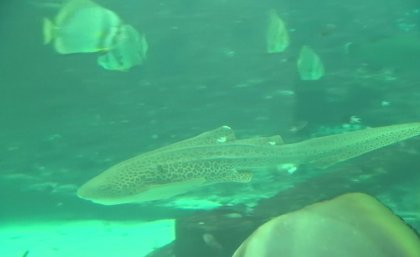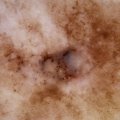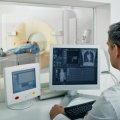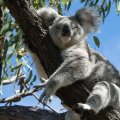
Leonie the leopard shark has made a switch that could save her species – becoming the first shark recorded to change from sexual to asexual reproduction.
Dr Christine Dudgeon of UQ’s School of Biomedical Sciences, who documented the change at Townsville’s Reef HQ Aquarium, said sharks could reproduce without a mating partner, but none with a recorded sexual mating history had ever made the change to asexual reproduction.
“Leonie had pups with a male leopard shark until 2013, when the breeding pair were separated for space reasons,” Dr Dudgeon said.
“In April 2016 Leonie hatched three eggs, despite having no access to a mating partner for three mating seasons.
“We thought she could be storing sperm but when we tested the pups and the possible parent sharks using DNA fingerprinting, we found they only had cells from Leonie.”
It’s a much-needed breakthrough and coincides with release of the IUCN Red List of Threatened Species which identified the leopard shark as an endangered species.
“This has big implications for conservation and shows us how flexible the shark’s reproductive system really is,” Dr Dudgeon said.
“Leonie adapted to her circumstances and we believe she switched because she lost her mate.
“What we want to know now is could this occur in the wild and, if so, how often does it?
“One reason why we haven’t seen it before could be because we haven’t been looking for it.
It might be happening in the wild but it’s never been recorded in this species before.”
Dr Dudgeon plans to follow the pups until they reach maturity to answer the big question - can these asexually produced leopard sharks have pups of their own with a male partner?
“You lose genetic diversity with generations of asexual reproduction, so we’ll be seeing if these offspring can mate sexually themselves,” Dr Dudgeon said.
The research, published in Scientific Reports, was a collaboration with UQ's Dr Jennifer Ovenden and Reef HQ.
Media: Dr Christine Dudgeon, c.dudgeon@uq.edu.au,+61 7 334 67975; Bernadette O’Connor, bernadette.oconnor@uq.edu.au, +61 7 3365 5118, 0431 533 209.
.jpg)











